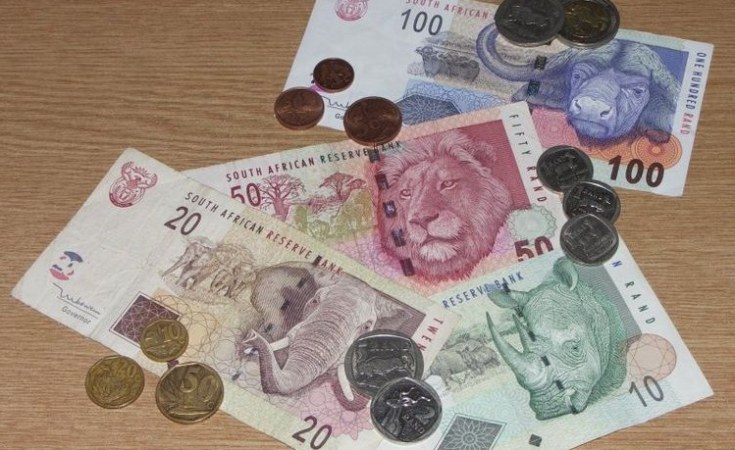The Financial Action Task Force has placed South Africa on a list of countries under increased monitoring, commonly known as the grey list, after it failed to address all of the shortcomings on money laundering and the financing of terrorism that the task force identified in its 2019 evaluation of the country. The decision has serious implications for the country, more specifically its financial services sector as well as its ability to attract investment. The Conversation Africa's political editor Thabo Leshilo talks to Philippe Burger, an economics professor and the dean of the Faculty of Economic and Management Sciences at the University of the Free State, about what the grey listing means for South Africa.
What does grey listing mean?
Grey listing refers to a country being placed on a list of countries under increased monitoring by the Financial Action Task Force (FATF), the global money laundering and terrorist financing watchdog. The FATF evaluates each member country's implementation and effectiveness of measures to combat money laundering and the financing of terrorism.
South Africa has been placed on FATF's grey list because it does not have sufficient mechanisms in place to monitor and combat money laundering and terrorist financing activities.
The country undertook to work with the FATF to identify strategies and time frames to improve its monitoring mechanisms. Specifically, it undertook to work with the FATF on eight specific topics. These include increased investigation and prosecution of money laundering and terrorist financing activities. It'll also enhance its capacity to identify, seize and confiscate the proceeds of such crimes.
South Africa also needs to improve its terrorist financing risk assessment to inform its strategy to counter the financing of terrorism activities. In addition, it needs to ensure the effective implementation of targeted financial sanctions, and create effective mechanism to identify individuals and entities targeted by such sanctions.
What are the implications?
Though the FATF does not explicitly require increased due diligence, grey listing will nevertheless in effect require increased due diligence. Banks dealing with cross-border financial flows and companies wanting to invest in South Africa will have to vet their clients and the sources of client income better before they invest. This can be costly and, therefore, discourage investment. The increased risk associated with South Africa could also result in higher interest rates and cost of capital.
Read more: South Africa provides fertile ground for funders of terrorism. Here's why
The higher costs that domestic and international companies will incur when they trade or invest across South African borders will put upward pressure on the cost of living of ordinary South Africans. However, of probably even more significance to ordinary South Africans is that the grey listing will likely deter foreign investment, which is needed to stimulate economic growth and job creation.
Which other countries are grey listed?
In being grey listed South Africa joins a list of countries, none of which are known as paragons of governance. Some, such as the Cayman Islands and Panama, are known tax havens that potentially attract laundered money. Others are known as war zones or countries with jihadist and Islamist terror groupings operating on their land. These include Syria, Yemen, Mali, Nigeria, and Mozambique. The list also includes countries with very weak governments, such as Haiti and the Democratic Republic of the Congo.
What needs to happen for the grey listing to be lifted?
South Africa needs to work with the FATF to identify strategies and time frames to improve its monitoring mechanisms. It must then implement these improvements at the latest by January 2025. This might require improved legislation and better monitoring mechanisms to red-flag potential money laundering and terrorist funding flows.
Although the country recently made a belated effort to improve its legislation to avert being grey listed, it will need to do more. Doing so will require a dedicated focus from the government to
- pass additional relevant legislation,
- fund the investigative authorities to combat money laundering and terrorist financing activities, and
- ensure the effective and speedy prosecution of individuals and institutions undertaking such crimes.
Read more: Sandton terror alert: time for South Africa to improve its intelligence sharing channels with the US
With the recent history in South Africa of state capture for private gain by individuals, some of whom are themselves probably guilty of money laundering, the onus will be on the government to show that it is serious about implementing effective legislation and mechanisms to combat money laundering and terrorist funding. Thus, to get out of the rut of grey listing the country will have to fight the rot of money laundering and terrorist funding. The jury, or in this case the Financial Action Task Force, is still out on whether it will succeed in doing so.
Philippe Burger, Professor of Economics and Head of Department, University of the Free State


